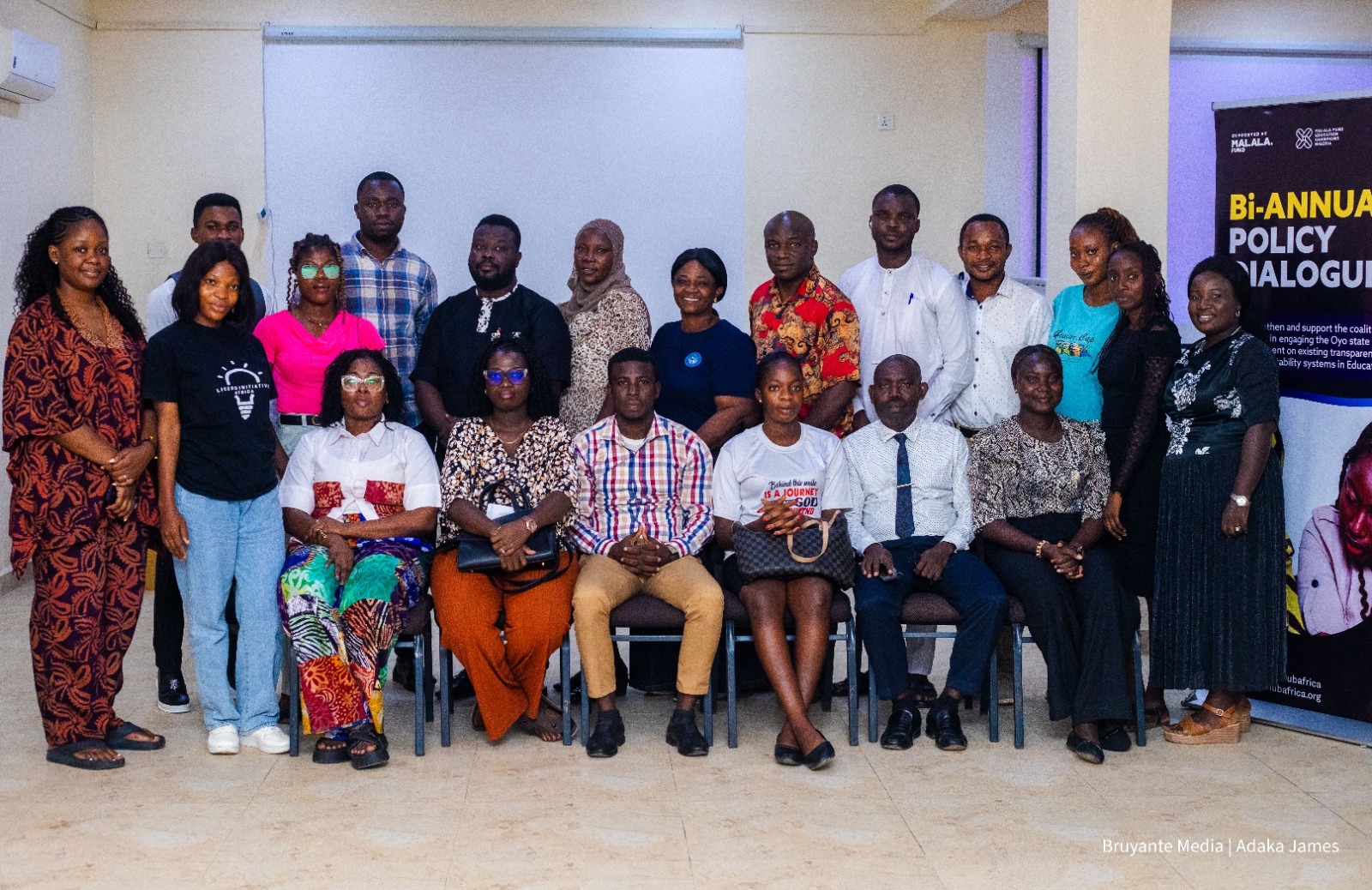UN Women has called for stronger global cooperation to ensure digital platforms and Artificial Intelligence (AI) tools meet safety and ethical standards that protect women and girls from the escalating threat of online violence.
The agency urged governments to fund women’s rights organisations supporting survivors while pressing technology companies to strengthen safety measures, hire more women, swiftly remove harmful content, and respond more effectively to reports of abuse.
According to UN Women, the digital space, once heralded as a tool for empowerment, has increasingly become a site of harassment, exploitation, and intimidation for millions of women and girls.
The body lamented that digital violence now spans online harassment, cyberstalking, doxxing, deepfakes, non-consensual image sharing, and gendered disinformation, often amplified by AI and anonymity, noting that despite the growing risks, World Bank data shows fewer than 40 per cent of countries have laws addressing cyber harassment or cyberstalking, leaving 1.8 billion women and girls without legal protection.
They also noted that women in leadership, politics, and media are among the most targeted, adding that one in four women journalists report receiving online threats of physical harm, including death threats, while public-facing women face coordinated attacks aimed at pushing them out of digital and political spaces.
“What begins online doesn’t stay online. Digital abuse spills into real life, spreading fear, silencing voices, and, in the worst cases, leading to physical violence and femicide,” UN Women Executive Director Sima Bahous said.
She emphasised the need for laws to evolve alongside technology, calling the current gaps unacceptable and urging global action through the agency’s 16 Days of Activism campaign.
Although reporting mechanisms remain weak and justice systems struggle to respond, some countries are making progress. Legal reforms such as the UK’s Online Safety Act, Mexico’s Ley Olimpia, Australia’s Online Safety Act, and the EU’s Digital Safety Act signal a shift toward stronger protections.
By 2025, at least 117 countries had initiated efforts to address technology-facilitated violence, though UN Women warns these responses remain fragmented for a problem that crosses borders, the body stated.
The agency stressed the need for greater investment in prevention, including digital literacy programmes, online safety training for women and girls, and initiatives that challenge toxic online cultures.
Feminist movements have been central in pushing digital violence onto the global agenda, but shrinking civic spaces and funding cuts threaten recent gains.
UN Women also revealed new tools to support governments and law enforcement: a supplement to its Handbook for Legislation on Violence against Women, focusing on technology-facilitated violence, and a new Guide for Police on Addressing Technology-Facilitated Violence. The resources, it said, aim to enhance prevention and response capacities worldwide.
As the 2025 edition of the 16 Days of Activism campaign intensifies, UN Women reiterated that until the digital world becomes safe for all women and girls, true gender equality will remain elusive.






